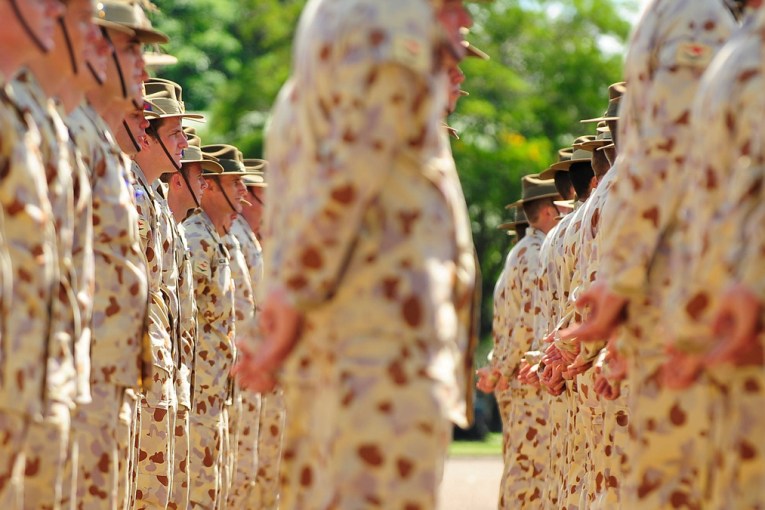The great daylight savings debate: will it stay or go?


AAP
Renewed calls to change daylight savings have emerged after south-eastern states put their clocks back an hour on Sunday.
One New South Wales politician has stoked up the old cross-border issue, which appears to have no resolution.
Nationals MP for Northern Tablelands Adam Marshall says daylight savings should be shortened by two months (the first and last months) to assist businesses that must deal with Queenslanders.
He says companies that need to deal with Queenslanders, who don’t take part in daylight savings, are placed at a disadvantage during the warmer months.
• SA time zone change plan
• So what is jet lag… and how can you beat it?
But such a move would put NSW at odds with its larger neighbour Victoria, which has the same time changes.
In addition to Qld, the Northern Territory and Western Australia do not take part in daylight savings while NSW, South Australia, Tasmania and Victoria do.
“It’s easy for people to dismiss it as trivial, but for people that actually live through these things it is something that is certainly an inconvenience and I think we should look seriously at trying to alleviate those issues,” Mr Marshall told the ABC.
A report by the NSW cross-border commissioner into changing daylight savings was completed last year and handed to the Attorney-General’s Department but wasn’t released publicly.
“It hasn’t seen the light of day, but I understand that he recommended reducing daylight saving back to its original four months,” Mr Marshall said.
The report was said to have taken in community views and scientific evidence, the ABC reported.
Better sleep

Daylight savings can lead to a sleep debt. Photo: Shutterstock
Aligning daylight savings with Queensland could avoid negative effects on NSW teens and young adults’ sleeping patterns, Professor Leon Lack from Flinders University said.
Bright light in the morning helps set circadian rhythms to get people to wake up earlier, he said.
But with more darkness in the mornings during daylight savings months, sleep patterns are delayed, which means teenagers and young adults tend to sleep later and go to bed later, building up a sleep debt, Professor Lack said.
“It would reduce the number of people who would then tend to face delays of the body clock and loss of sleep when daylight savings did come in,” he said.
‘No plans’ for change
A spokesperson for Justice NSW said any move to change the state’s daylight saving would need cross-border support.
“Daylight saving in NSW is currently synchronised with Victoria, South Australia, Tasmania and the ACT, which improves business operating conditions by ensuring consistency,” the spokesperson said.
“If not made in conjunction with other jurisdictions, any changes to the length of the daylight saving period in NSW would create a range of new cross-border issues for communities and issues throughout NSW.
“The NSW Government thus has no plans to change the current provisions, under which daylight saving begins on the first Sunday in October and ends on the first Sunday in April.”
At its introduction daylight savings went for four months, but ballooned to seven months in 2007 – it has gone back to six months.
The changed time period puts clocks forward by an hour on the first Sunday of October and back an hour on the first Sunday in April.








